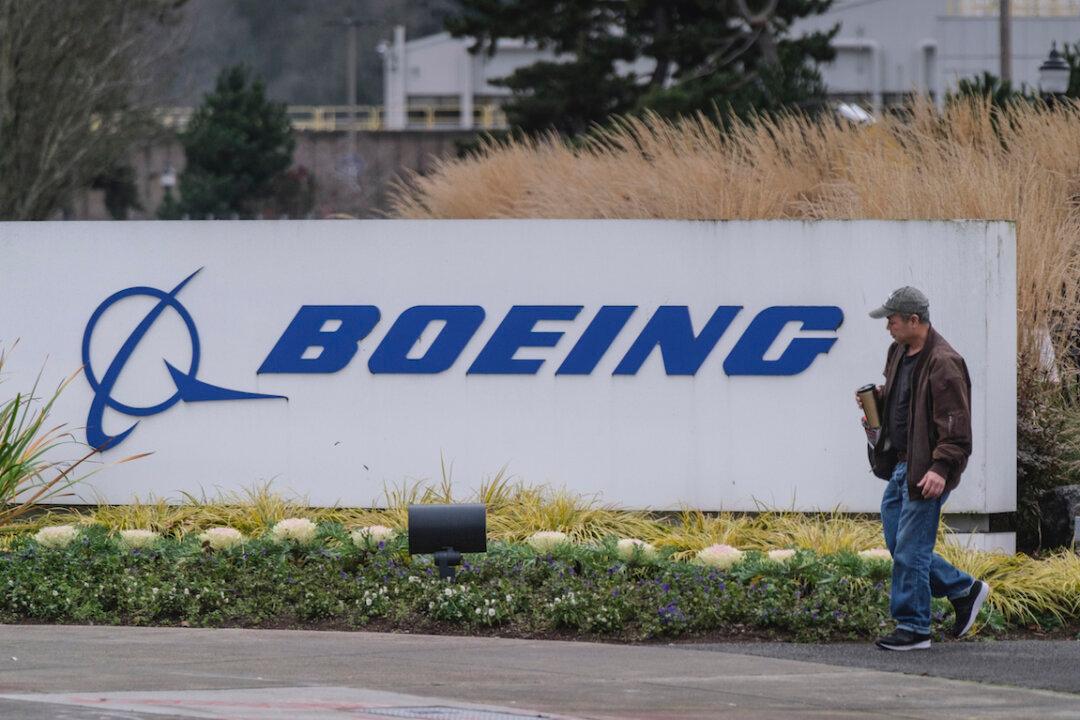WASHINGTON—Boeing’s halt to production of its troubled 737 Max airliner beginning last month is having an effect on the broader U.S. economy, according to lead economists.
Boeing was forced to ground its most popular passenger jet in March last year after two fatal crashes that killed a combined 346 people aboard. Since then, the aircraft manufacturer has been struggling to clear regulatory demands to return the plane to service.





